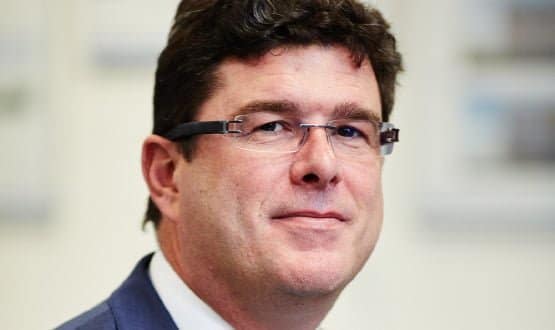Primary care to complete NPfIT by 2010
- 29 May 2007
Primary care will have delivered most of its part of the National Programme for IT by 2010, according to Connecting for Health’s joint GP clinical lead Professor Mike Pringle.
Prof Pringle told a conference organised by IT system supplier TPP (The Phoenix Partnership) that NPfIT’s vision for primary care was on track while most of the disappointment with progress was in secondary care.
He added: “By the year 2010, if not 100%, we will have done a high 90% of what we want. What we have still got to do is get secondary care to catch up.”
Prof Pringle told the conference that primary care IT had already achieved a lot but said that most if it had so far been driven by GP practices’ business justification.
He added: “We are now moving into a phase which is about delivering something better for patients. When we look back we are going to see that was a different world.”
Slightly less than 40% of bookings were made through Choose and Book last week but Prof Pringle said that “when it works” Choose and Book was the most patient friendly way of making a booking. He also urged GP practices to examine their own booking systems.
He added: “Why can’t I make an appointment with my GP at 1am? We have got to make sure that we are delivering the patient services that our patients expect.”
On GP2GP record transfers Prof Pringle told the conference that 650 practices were now enabled to use GP2GP record transfer between practices using the same clinical system but he said the challenge was to make transfers between different clinical systems, which were now being piloted by INPS and EMIS.
“It delivers the sort of world that we always hoped for and looked for. When a patient registers at a new practice if their old practice is GP2GP complaint then the next thing you know is that you will receive the other practice’s notes.”
Prof Pringle told the conference that when he and his co-GP clinical lead Dr Gillian Braunold were appointed to their roles at CfH they had identified choice of GP systems as a major problem which had to be addressed. The solution was GP Systems of Choice (GPSoC) which he said had taken nearly two years to deliver. He said GPSoC was designed to support developing systems, phase out those systems that were not developing and to enable practices to choose and change systems.
GPSoC is being backed by CAP-GP, a replacement for RFA99, which will be used to assess the compliance of systems with GPSoC and which Prof Pringle said is currently being piloted. He said 1300 out of 8500 practices were currently on hosted systems and CfH was encouraging system suppliers to move all practices onto hosted systems as soon as possible.
On the Summary Care Record Prof Pringle told the conference that the first pilots in Bolton were currently informing patients about the plans to upload their information and their right to opt-out and uploads would then take place in free text initially followed by a coded format. He said access to more information by secondary care clinicians was essential.
He added: “We have got to get to a position where clinicians are not flying blind. We have got to avoid the secondary care sector holding us back and we have got to be the ones who care about patient safety and the patient record.”




